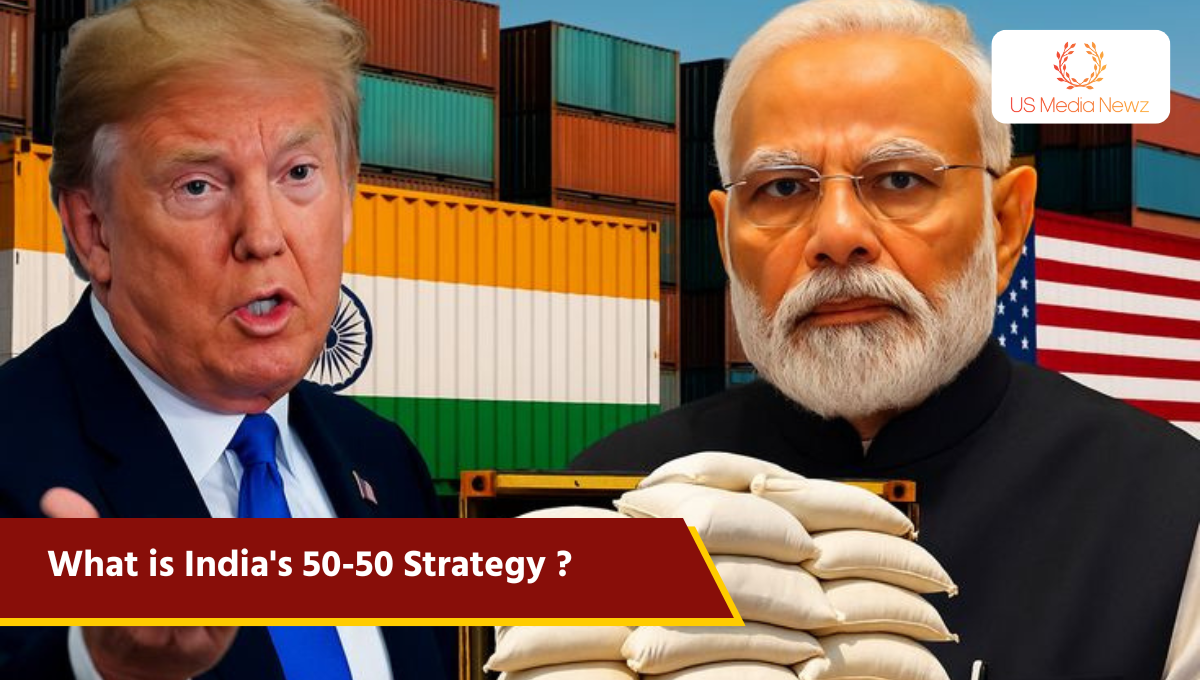The Ripple Effect: Unpacking the Impact of Recent Global Trade Shifts
Global trade is witnessing a notable transition as countries and corporations navigate a landscape riddled with both opportunities and challenges. Recent shifts in trade policies and international relations have placed this topic in the spotlight, pressing stakeholders to reassess their strategies. The push and pull of these changes are not only affecting the economies directly involved but are also reverberating across global markets, hinting at a new era of international commerce.
One of the pivotal elements in this transition is the introduction of sweeping trade regulations and tariffs, which have the potential to reshape traditional trade relationships drastically. Countries are renegotiating terms and contemplating new alliances to secure their interests amid this evolving paradigm. The strategic maneuvering in this intricate game is reminiscent of a high-stakes chess match, where every move could set off a chain reaction, impacting supply chains and market stability worldwide.
This transformation brings into focus the adaptability and resilience of industries. Companies are compelled to innovate, seeking alternative sourcing solutions and leveraging technology to maintain competitiveness. As they encounter unforeseeable obstacles, flexibility and foresight become crucial. Particularly, the tech industry, with its global supply chains, finds itself at a crossroads. The decisions made now will echo far into the future, shaping innovation and consumer trends globally.
Moreover, the shifting dynamics in global trade policies present a mixed bag of opportunities and perils for investors. While some sectors might face short-term disruptions, others stand to gain considerable advantages from strategic realignments. It’s an intriguing period for investors, prompting a reevaluation of risk and reward mechanisms as they seek stable yet promising vistas in the ever-fluctuating market landscape.
In conclusion, the current shifts in global trade are more than just incremental changes; they symbolize a broader evolution in economic power structures and practices. As countries and companies align their activities with emerging economic realities, they must focus on sustainable growth and cooperative frameworks. This period of change, while challenging, offers a chance to implement robust, future-proof trade systems that could lead to more balanced and inclusive global prosperity.






